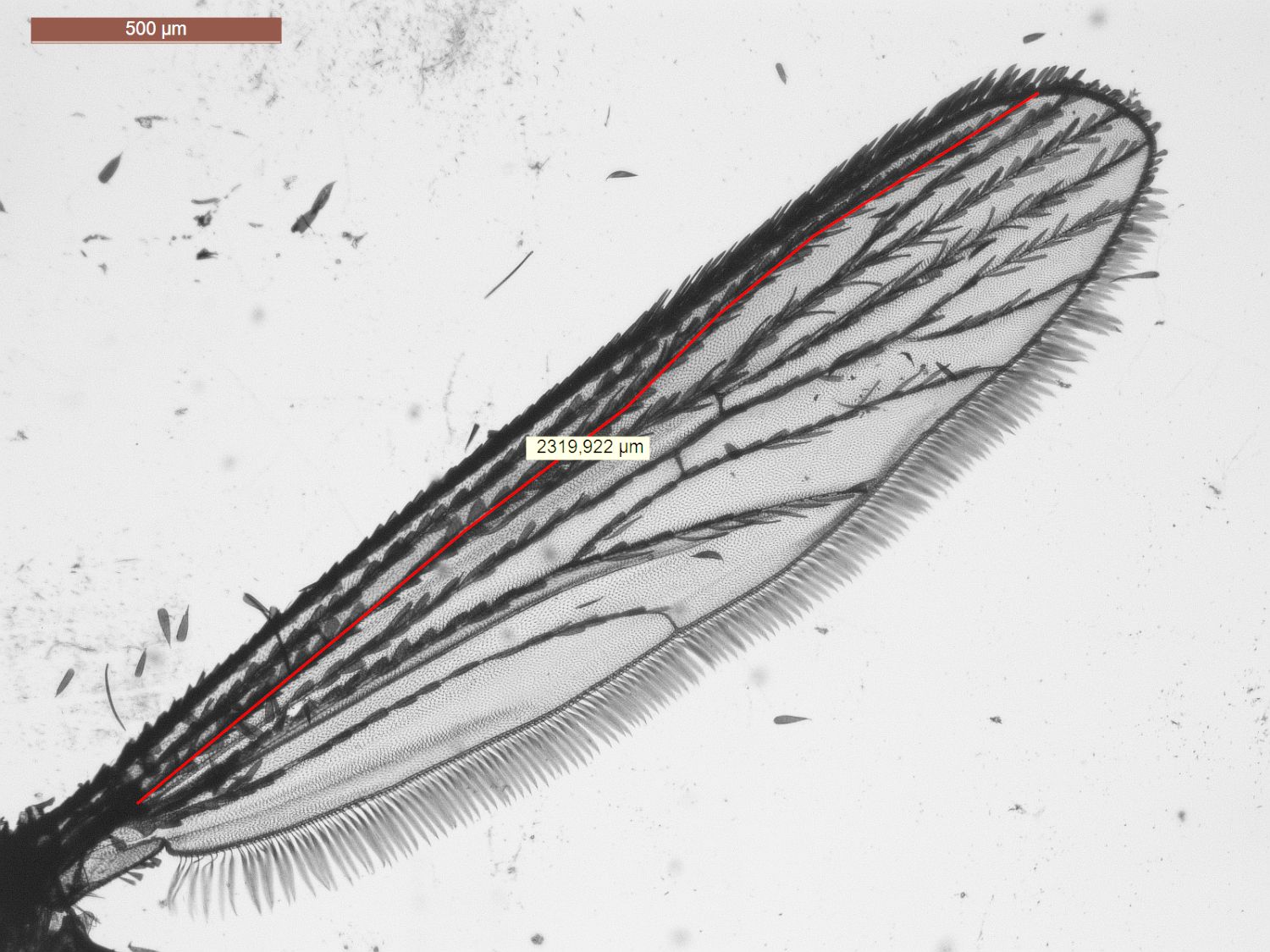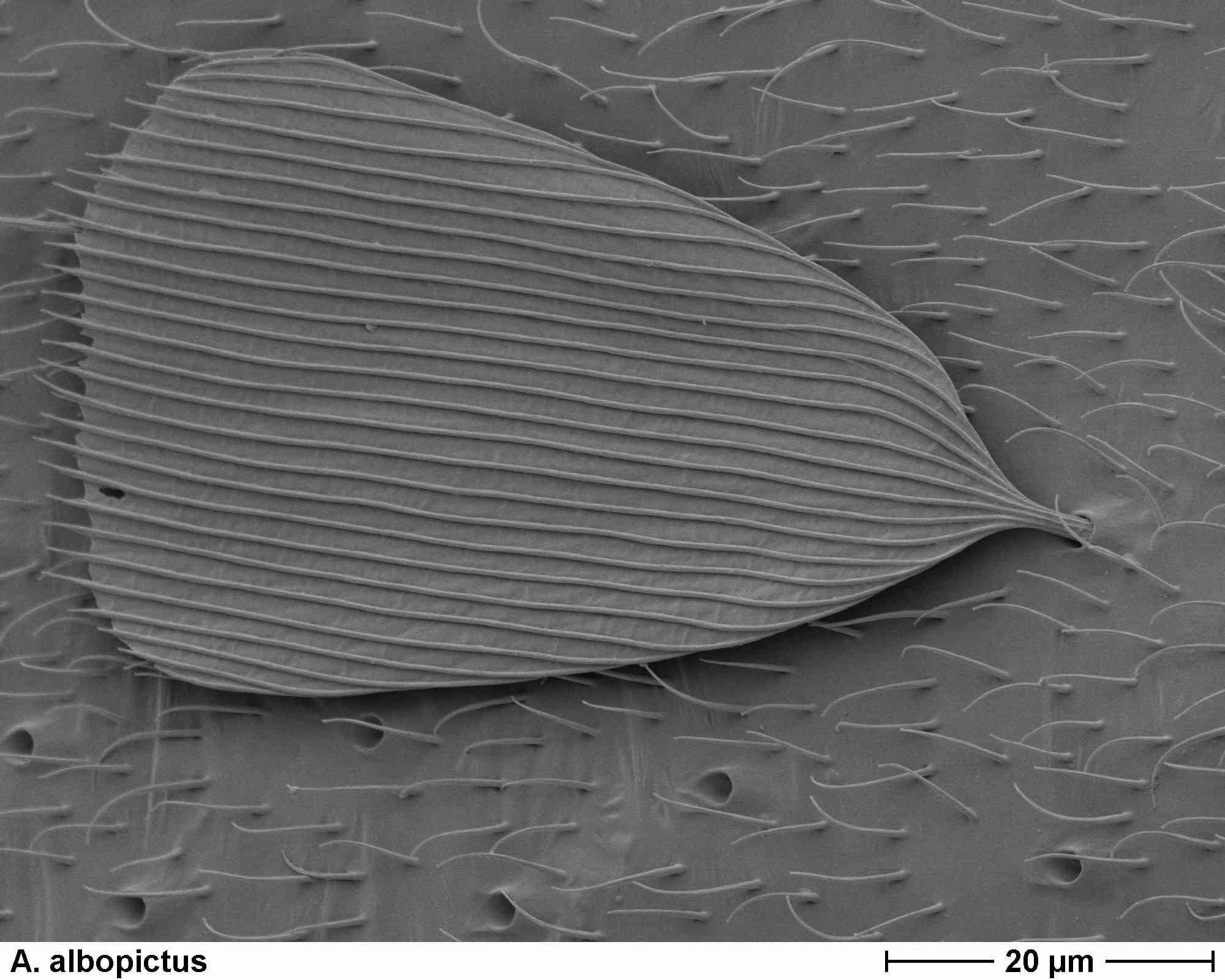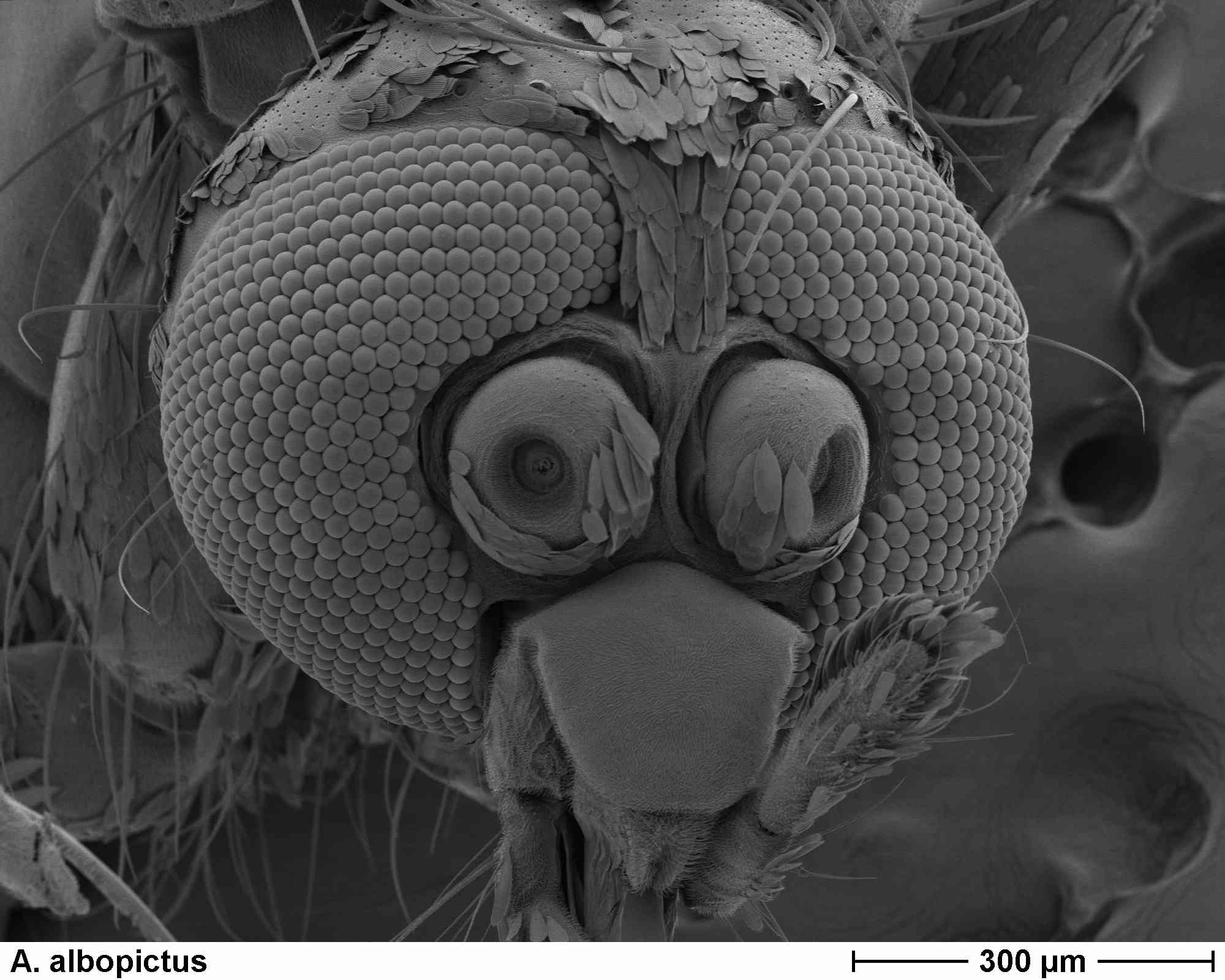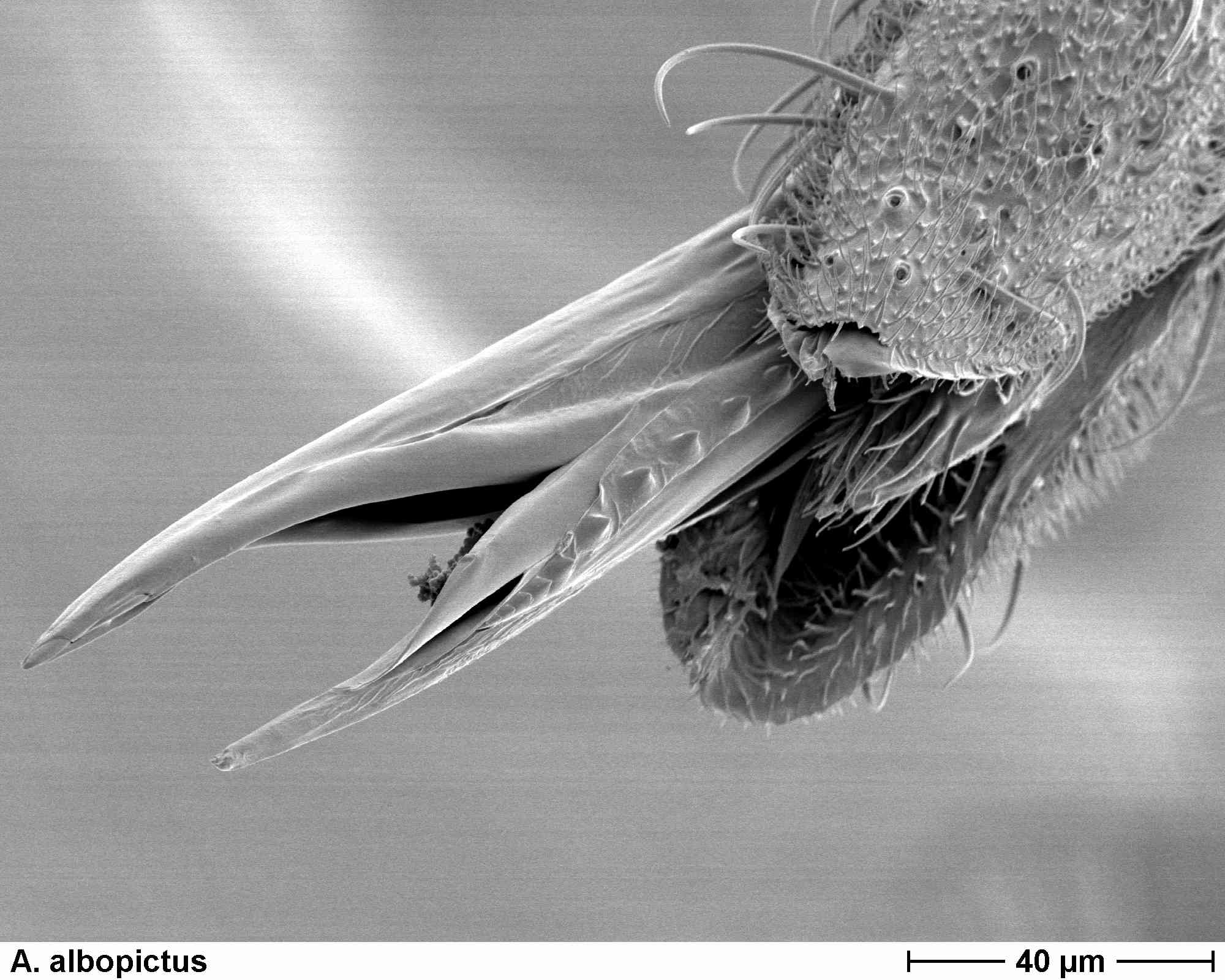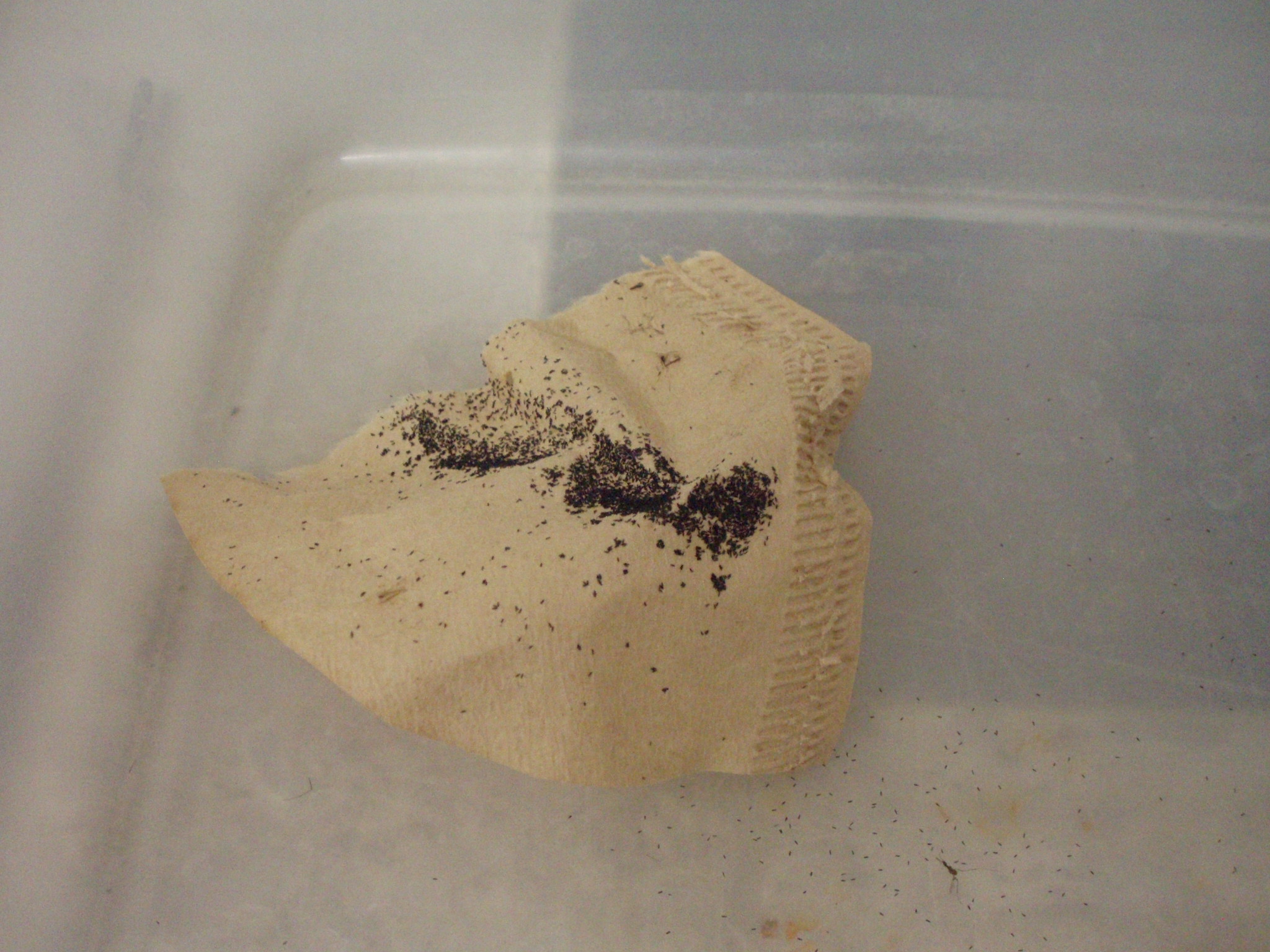Mosquito-borne diseases such as malaria, dengue fever and West Nile fever are illnesses caused by parasites or viruses which are transmitted by female mosquitoes of species of the genera Anopheles, Aedes and Culex during their blood meal. The females need to take a blood meal for egg development.
Though the world is complex, our understanding of vector-borne diseases comes mainly from individual research disciplines, whereas the interplay of insect vector-pathogen-host-environment is still heavily under-explored. We aim to understand the dynamics of, and interactions between infectious diseases at the human-animal-ecosystem interface, and develop and evaluate strategies for prevention and sustainable control.
RESEARCH LINES
Our interdisciplinary research line on vector biology will generate a new understanding of the functional biology of larval competition, mating behaviour, arboviral infections, and provide crucial knowledge about the mechanisms that underlie the fecundity and vector competence of vector species.
The understanding of vector ecology is fundamental for successful vector surveillance, vector prevention and vector control. We are using a multi-disciplinary approach to study the interaction of vector species and the environment in different regions of the world, and with a special focus on climate change. We aim to show how climate change impacts VBDs and what role biodiversity (and its loss) plays for VBDs.
Vector control is the applied part of our research portfolio and comprises trap development, development and assessment of biological, chemical and genetic vector control tools and the assessment of intervention studies. We test multiple approaches for vector control and test their usefulness for application, efficiency and social acceptance.
In order to contribute to public health surveillance and control of vector-borne diseases, we
monitor native and exotic mosquitoes,
study the vector biology and ecology, with special focus on thermal stress responses & climate adaptation
assess the environmental risk and test the efficiency of traditional and new vector control tools and strategies,
investigate the competence of mosquitoes to transmit arboviruses and parasites
contribute to One Health solutions for real-life vector-borne problems.


